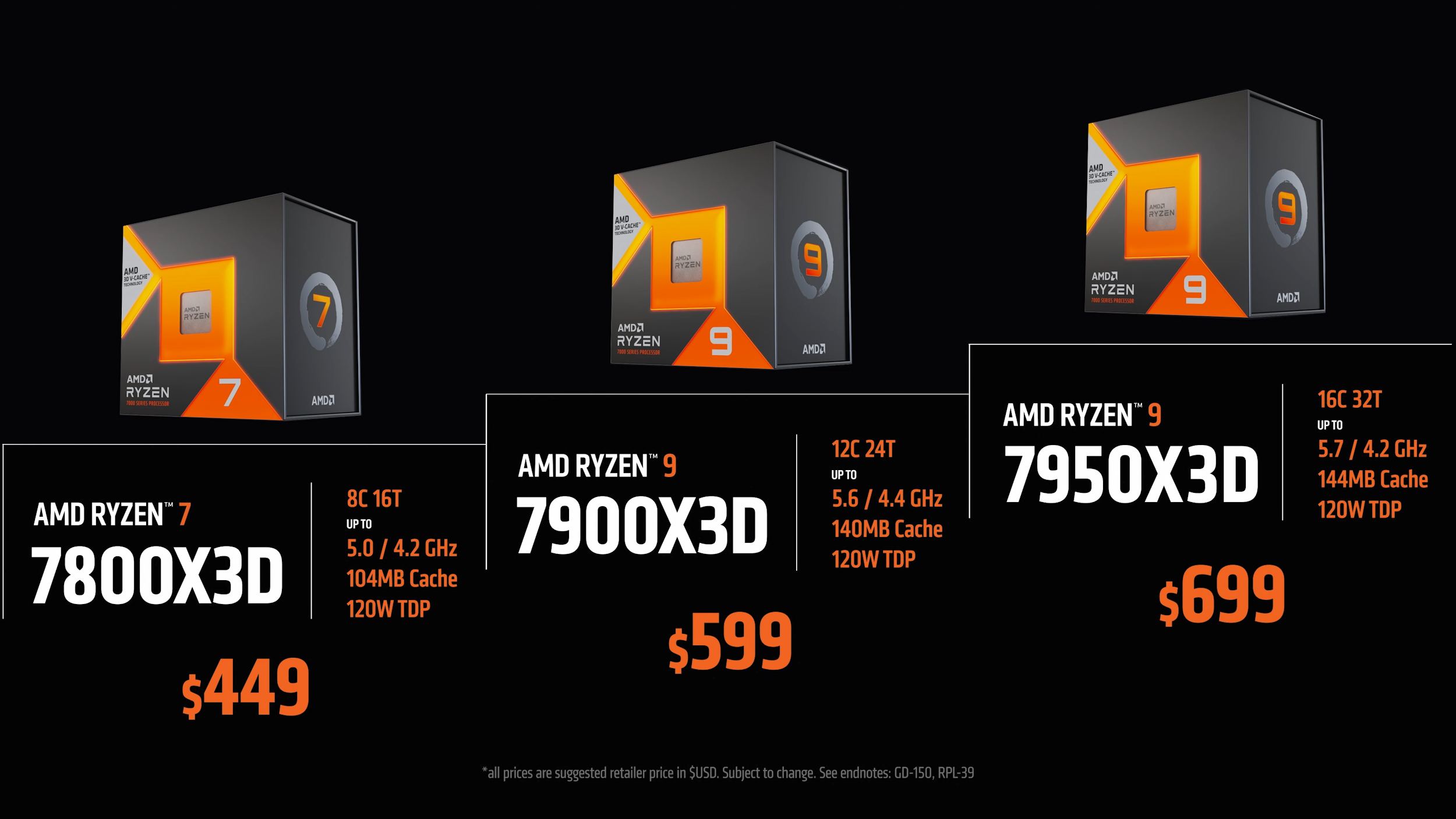- Joined
- Jan 13, 2005
I know the base 7 series chip isnt even out yet but i thought i'd ask since it seems a bit more people looking to upgrade this time around.
if your upgrading are you going to grab a standard Ryzen 7 chip out of the gate or wait for the 3d V cache version?
My unintentional upgrade schedule is placing my next major upgrade around this RTX 4xxx / Ryzen 7xxx time frame and in the past if i had the choice of getting a cpu with a larger cache i usually did. It used to be an overlooked part. Granted then we're talking about a few kb or maybe a meg then but still...
By the time i find work and replace some of the money from my house that i've been living off of the 3d V cache versions should be out and my r5 2600 1660 and r5 3600x 2070 systems should feel like they are well and truly showing their age
if your upgrading are you going to grab a standard Ryzen 7 chip out of the gate or wait for the 3d V cache version?
My unintentional upgrade schedule is placing my next major upgrade around this RTX 4xxx / Ryzen 7xxx time frame and in the past if i had the choice of getting a cpu with a larger cache i usually did. It used to be an overlooked part. Granted then we're talking about a few kb or maybe a meg then but still...
By the time i find work and replace some of the money from my house that i've been living off of the 3d V cache versions should be out and my r5 2600 1660 and r5 3600x 2070 systems should feel like they are well and truly showing their age


